Why Do Hands and Feet Feel So Cold in Winter? 9 Easy Ways To Keep Yourself Warm
As the temperature drops during the winter months, many of us experience the discomfort of cold hands and feet. This sensation is more than just an inconvenience; it’s your body’s way of reacting to the colder environment. But why exactly do your hands and feet feel so much colder than the rest of your body, and how can you prevent this? Let’s explore the science behind it and share nine simple ways to keep yourself warm during the chilly season.
Why Do Hands and Feet Feel So Cold in Winter?
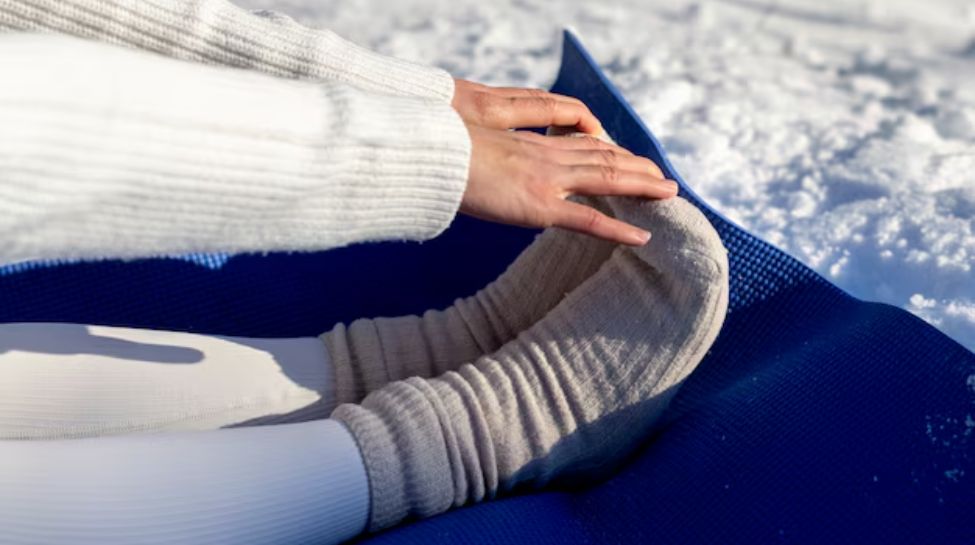)
Hands and feet feel cold in winter primarily due to reduced blood flow as the body prioritizes warming the core to protect vital organs. This causes blood vessels in the extremities to constrict, lowering their temperature. Additionally, these areas are more sensitive to temperature changes due to numerous nerve endings, and they lack sufficient fat and muscle insulation. Hands and feet are also more exposed to the cold and wind, which accelerates heat loss by removing the warm air around the skin.
9 Easy Ways to Keep Your Hands and Feet Warm in Winter
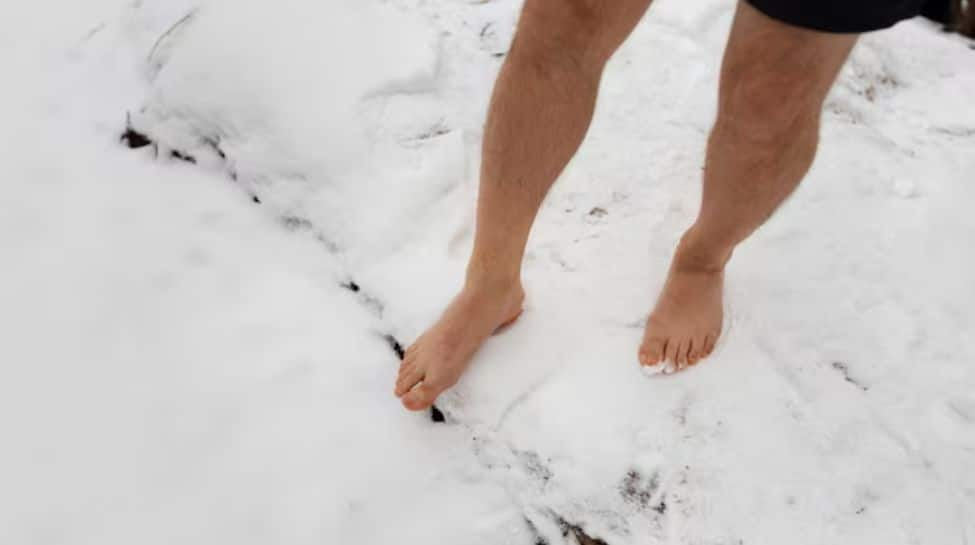
Wearing insulated gloves and socks is one of the easiest ways to protect your extremities. Look for materials like wool, fleece, or thermal fabric, which are known for their excellent heat-retaining properties. Layering multiple pairs of socks or gloves can help trap warmth.
Use Heated Accessories

Heated gloves and socks are a game-changer in extremely cold temperatures. These products contain small heating elements powered by batteries or rechargeable packs. They keep your hands and feet warm even in the harshest winter weather.
Keep Moving

Movement encourages blood circulation, which can help warm up your extremities. Try to wiggle your toes and fingers regularly to stimulate blood flow. If you're sitting for long periods, get up and walk around every so often to prevent your hands and feet from getting too cold.
Wear Warm Footwear

Insulated boots with a waterproof outer layer are essential when it’s cold outside. Make sure they are well-fitted to prevent any cold air from sneaking in, and wear moisture-wicking socks to keep your feet dry. Wet feet are more susceptible to freezing!
Stay Dry
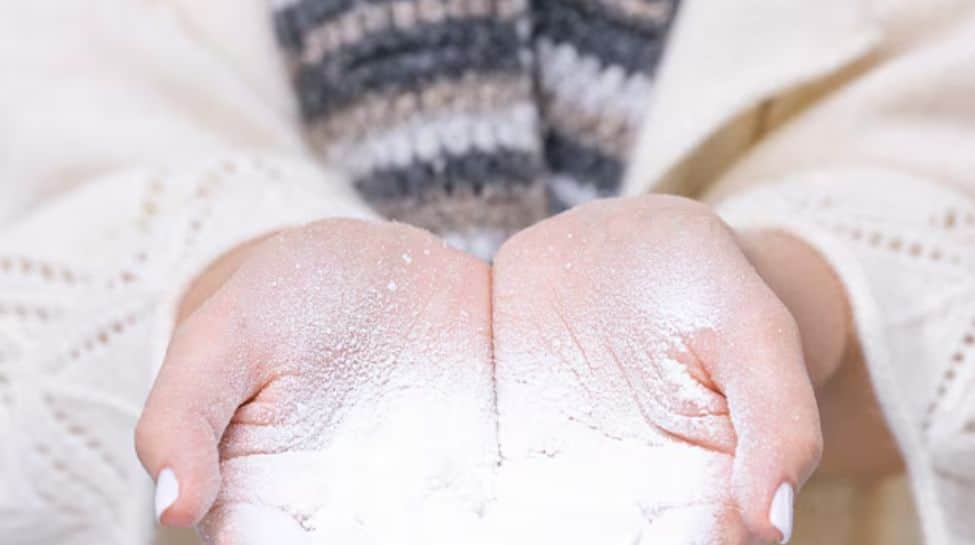
Moisture can make your hands and feet feel colder faster. Make sure to dry your hands and feet thoroughly after washing them, and avoid wet socks or gloves when heading outside. Invest in moisture-wicking socks made from synthetic materials or merino wool to keep your feet dry and warm.
Use Hand and Foot Warmers

Disposable hand and foot warmers are small packets that generate heat when activated. You can place them inside your gloves, shoes, or pockets for added warmth. These are especially useful when you are outdoors for extended periods.
Massage Your Extremities
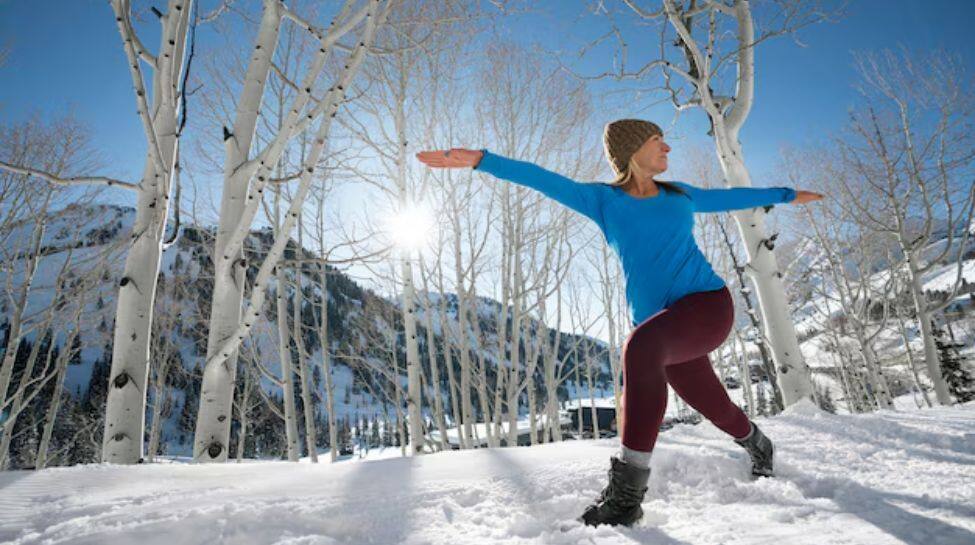
If your hands or feet feel cold, gently massage them to promote blood flow. This can help warm them up faster by increasing circulation. A good foot massage at the end of a long day can also improve blood flow and relax your muscles.
Eat Warming Foods and Drinks

Certain foods and drinks can help raise your body temperature. Hot teas, soups, and stews are great for warming up from the inside out. Eating foods high in protein, healthy fats, and carbohydrates can also help your body generate more heat.
Insulate Your Environment
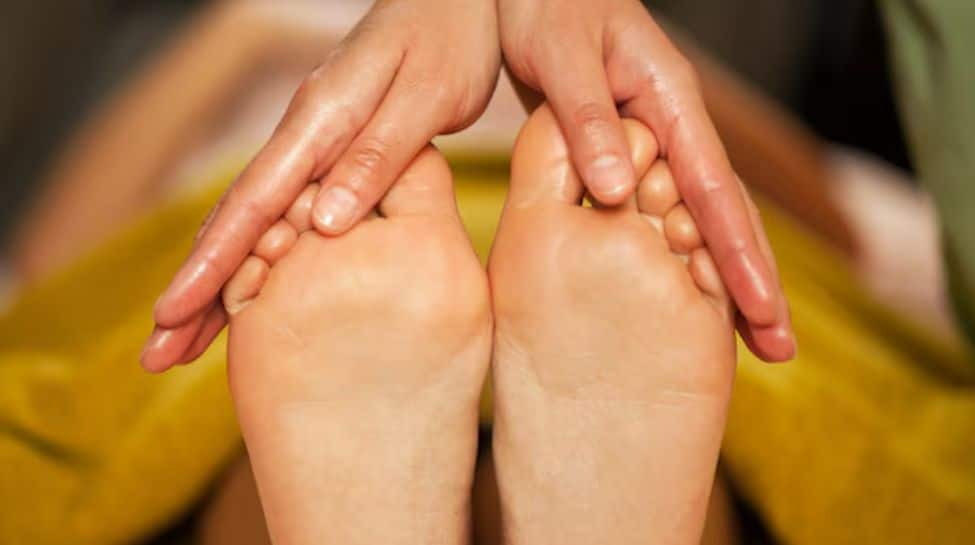
If you are indoors and still feeling cold, make sure the room is adequately heated. Using draft stoppers on doors and windows can help keep the cold air out. You can also use blankets or heated pads to keep your feet and hands cozy while lounging at home.
Trending Photos








